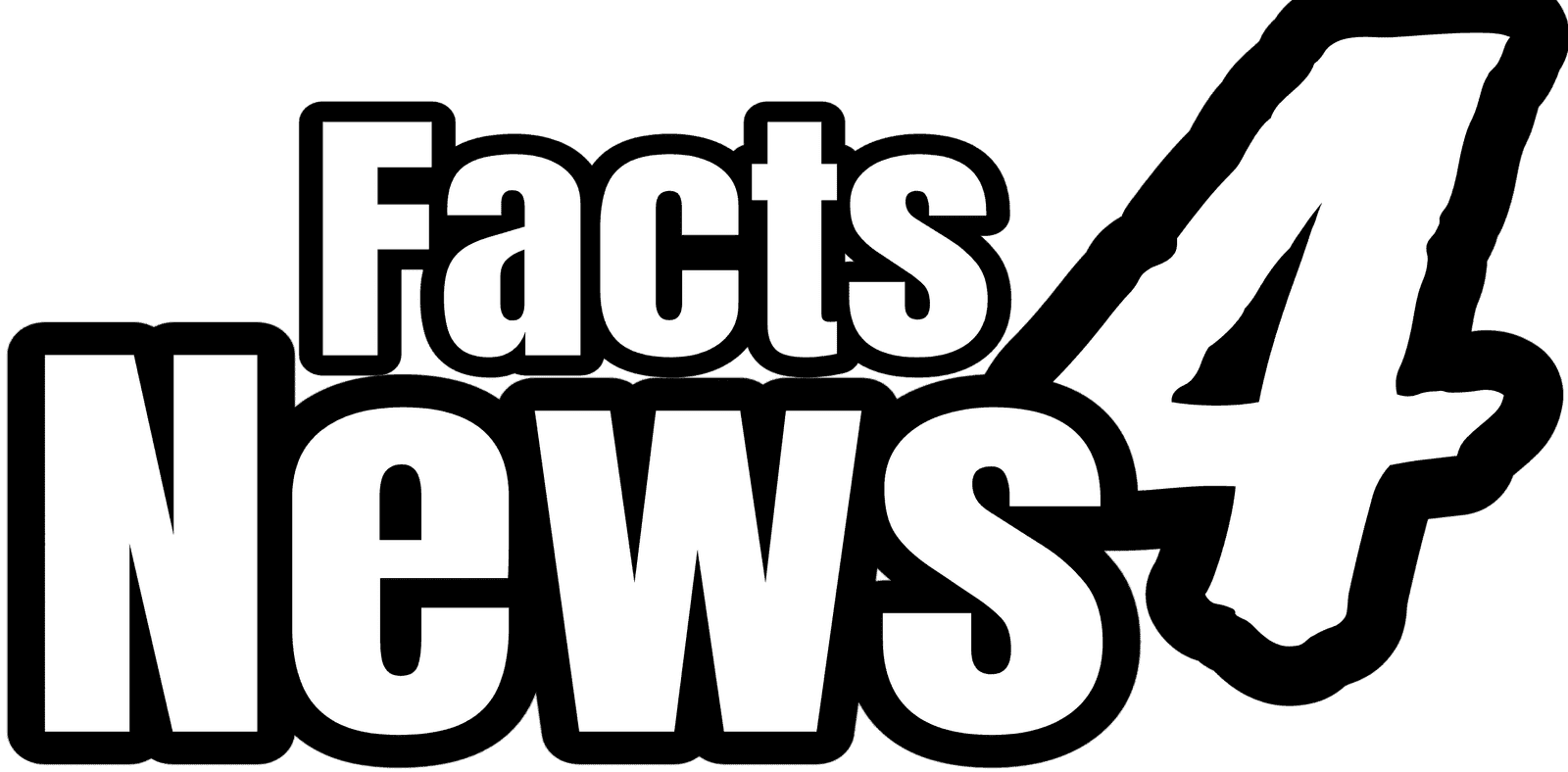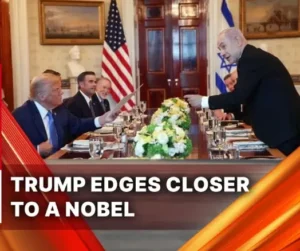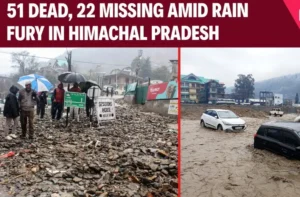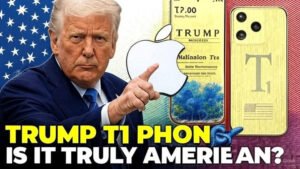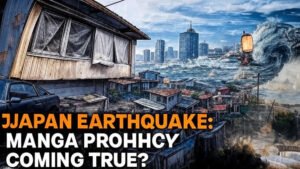In a highly charged Oval Office meeting, President Donald Trump confronted South African President Cyril Ramaphosa with allegations of a so-called “white genocide” in South Africa, a claim that has been widely discredited by international observers and South African officials. The meeting, intended to reset bilateral relations and discuss trade, instead became a public spectacle as Trump presented a video purporting to show persecution of white farmers, prompting Ramaphosa to firmly rebut the accusations.
South Africa White Genocide Claims Take Center Stage
The secondary focus of the meeting revolved around Trump’s insistence on the existence of a targeted campaign against South Africa’s white minority, particularly white farmers. Trump showcased a video in the Oval Office, claiming it depicted evidence of such persecution. However, the footage was unverified, and Ramaphosa responded by emphasizing that the majority of violent crime victims in South Africa are Black, not white. He reiterated that the South African government is committed to protecting all citizens and denounced any notion of government-sanctioned violence against minorities.
Ramaphosa highlighted the country’s multiparty democracy and stressed that inflammatory rhetoric from fringe political figures does not reflect official policy. He was accompanied by prominent South African white figures, including renowned golfers and business leaders, to underscore the diversity and resilience of his delegation.

Trade and Economic Relations Amid Diplomatic Strain
Beyond the heated debate on crime and race, both leaders addressed the future of economic cooperation. South Africa, whose economy has been impacted by recent U.S. aid cuts and trade tensions, sought to secure a new trade agreement. Ramaphosa presented proposals for increased U.S. investment, particularly in energy and critical minerals, and signaled openness to collaboration with American companies such as Tesla and Starlink.
Despite recent diplomatic rifts—including the U.S. granting refugee status to a group of white South Africans and imposing tariffs on South African goods—Ramaphosa expressed optimism about ongoing dialogue. He emphasized the mutual benefits of sustained engagement, particularly as the U.S. remains South Africa’s second-largest trading partner.
Fact-Checking the White Genocide Narrative
The claim of a “white genocide” in South Africa has been repeatedly debunked by local and international authorities. Crime in South Africa affects all communities, with Black South Africans statistically more likely to be victims of violence. The controversial land reform law, which allows for expropriation without compensation, has not resulted in mass seizures or targeted violence, according to legal experts and government statements. The narrative of systematic persecution is not supported by credible evidence and is widely regarded as a mischaracterization of South Africa’s complex social challenges.
